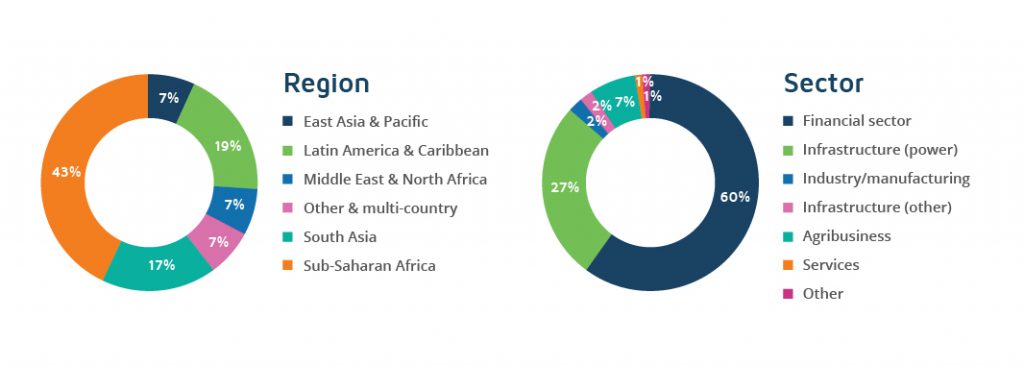leverage and financial system liquidity
Abstract
The aim of this paper is to analyse the influence of financial system liquidity and corporate leverage on a firm’s overinvestment.
We posit that when external funds are easily available, as in expansionary monetary periods, debt loses its traditional role as a managerial control mechanism.
Instead, the supply of systemic liquidity results in corporate leverage exacerbating the problem of overinvestment.
Using a sample of over 12,400 companies from 25 OECD countries between 2003 and 2014, our results show a significant and positive relationship between corporate leverage and overinvestment when the liquidity of the
financial system is high, confirming the shift in the role played by leverage. At the macroeconomic level, our research raises certain caveats concerning worldwide liquidity injections.
At the microeconomic level, our study shows that the disciplinary role of debt might become a false friend when money abounds.

Discussion
Many studies into corporate finance have found empirical support for the free cash flow hypothesis, according to which cash flow might prove to be an incentive for managers to overinvest (i.e, to invest in projects with negative NPV).
According to the traditional view, corporate leverage would be a mechanism of managerial discipline and a deterrent of overinvestment. Challenging this traditional point of view, we posit that recent episodes of expansionary monetary policies have dramatically changed the role of corporate debt.
Abundant financial and monetary liquidity at low interest rates has paved the way for managers to raise cheap funds in order to overinvest.
In addition, this high liquidity has led creditors to relax lending conditions, both in terms of ex-ante selection and ex-post supervision, in search of new investment opportunities and paying less attention to risk.
In this context, our counterintuitive approach is that debt has lost its disciplinary role. Our results, based on a sample of over 12,400 firms from 25 OECD countries between 2003 and 2014, support this view.
We find that global financial system liquidity has enhanced corporate overinvestment.
Furthermore, we find that firms’ financial leverage is positively related to overinvestment in these contexts of abundant liquidity.
Thus, overinvestment is not only exacerbated by internal funds or equity— as traditionally known — but also by external debt due to global liquidity flows.
We are aware that there may be a number of other factors influencing corporate overinvestment such as ownership structure, managerial compensation schemes or the legal and institutional environment.
Our results allow us to add a new piece to this puzzle.
These results have implications at the macroeconomic level as they suggest

the existence of a dark side to worldwide liquidity injections.
At the microeconomic level, our study calls for further research into the changing role of other firm-level issues such as cash balances.
Whether recent monetary policies have had an impact on the way corporate liquidity affects overinvestment problems might be a direction for future research.
برای مشاهده مطالب بیشتر می توانید به سایت www.farzdon.ir مراجعه نماید.

